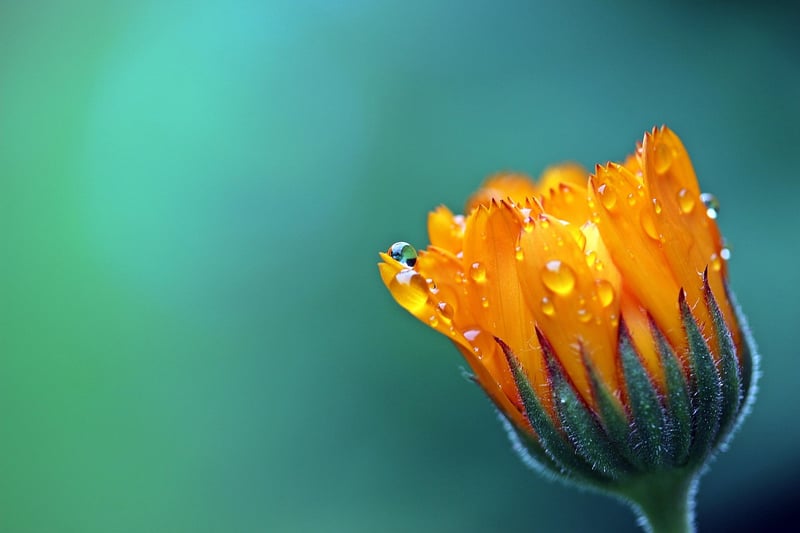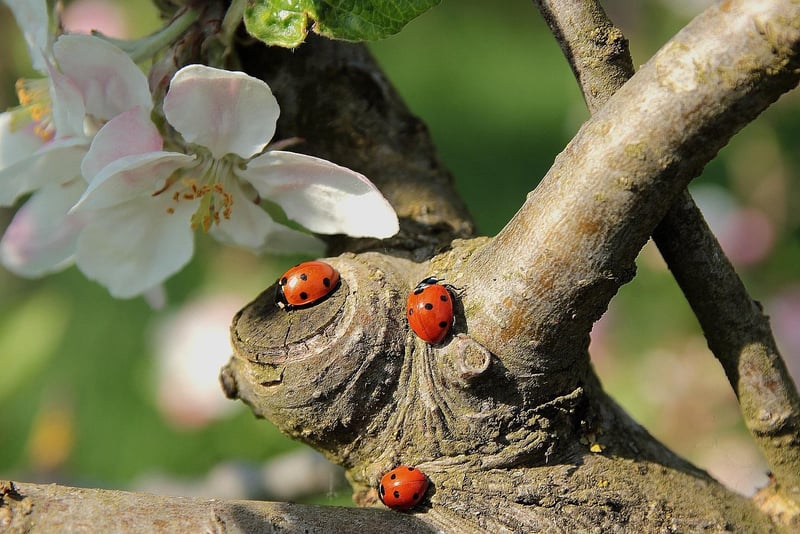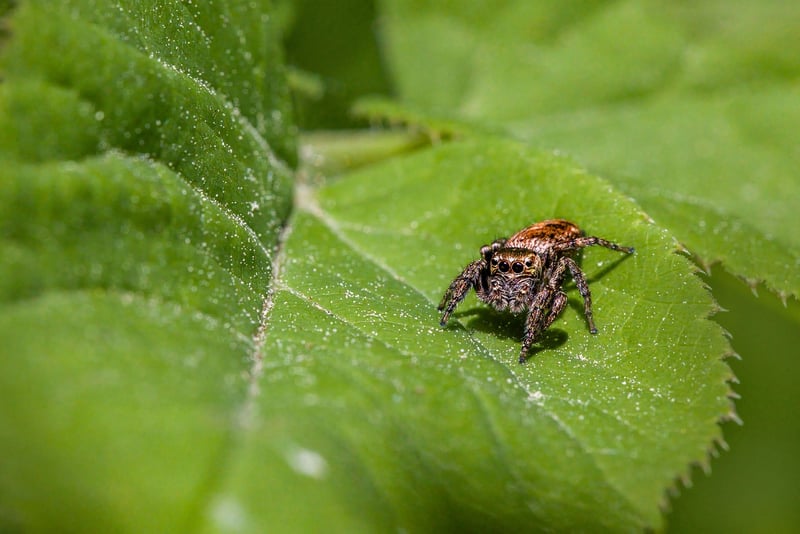Natural Pest Control Methods
Managing Pests in Your Urban Garden + Natural Pest Control Methods
Urban gardening is a rewarding activity that allows you to connect with nature and grow your own produce. However, dealing with pests can be a common challenge for gardeners. To help you maintain a healthy garden ecosystem without the use of harmful chemicals, here are some natural pest control methods to try:
Companion Planting
Companion planting involves growing certain plants together to benefit each other. For example, planting marigolds alongside vegetables like tomatoes can help repel pests such as nematodes.
Beneficial Insects
Encourage beneficial insects like ladybugs, lacewings, and predatory wasps in your garden. These insects feed on common garden pests like aphids, mites, and caterpillars, helping to keep their populations in check.
Homemade Pest Sprays
You can make your own natural pest sprays using ingredients like garlic, neem oil, or soap. These sprays can help deter pests like aphids, whiteflies, and beetles without harming beneficial insects.
Trap Crops
Plant trap crops like nasturtiums or radishes to attract pests away from your main crops. This sacrificial planting can help protect your valuable plants from damage.
Row Covers
Use row covers to physically block pests from reaching your plants. Row covers are especially useful for protecting crops like cabbage and broccoli from insect damage.
Handpicking
Regularly inspect your plants for pests and remove them by hand. This method is effective for large pests like caterpillars and beetles, especially in smaller garden spaces.
Neem Oil
Neem oil is a natural insecticide derived from the neem tree. It can help control a wide range of pests, including aphids, mealybugs, and caterpillars, while being safe for beneficial insects.
By incorporating these natural pest control methods into your urban garden routine, you can effectively manage pests without resorting to chemical solutions. Remember to observe your plants regularly, stay proactive in pest prevention, and enjoy the fruits of your labor in a thriving, pest-free garden!



